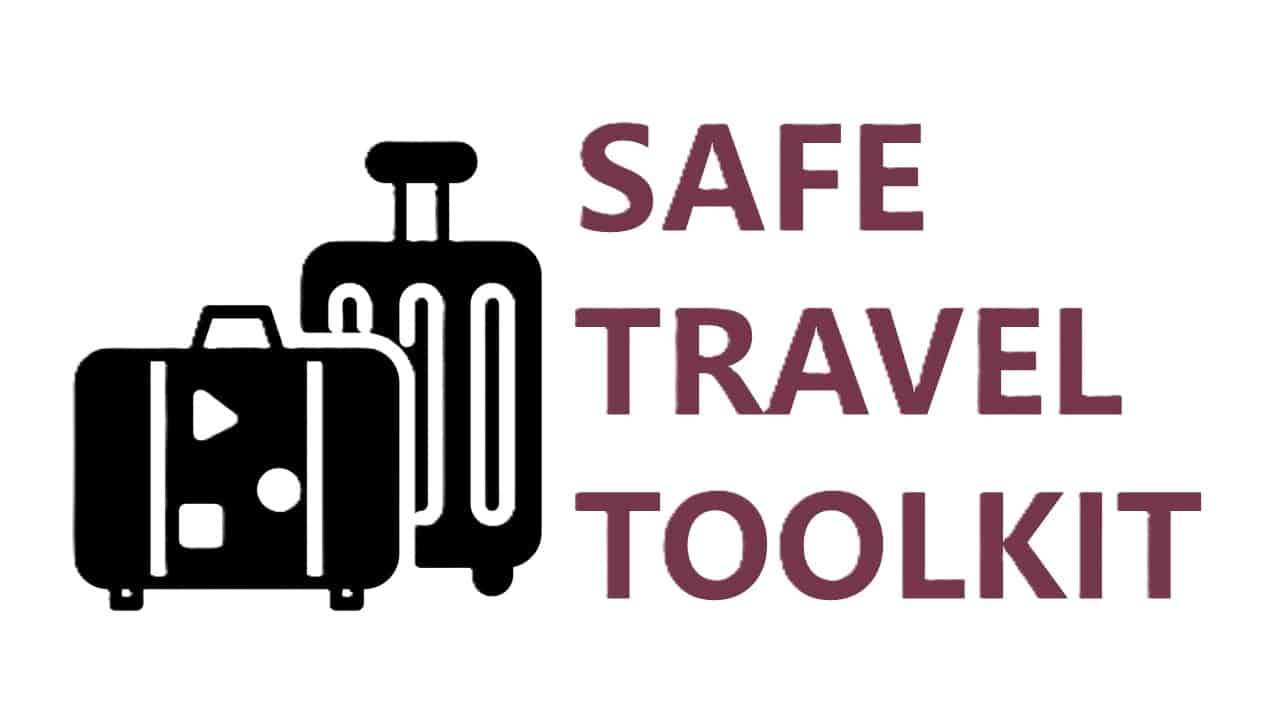Contact with Insecticides, Pesticides, Fungicides, and Phytosanitary While Traveling, a true story : Sarah, an avid traveler, embarked on a journey to a lush tropical destination. While exploring a local farm, she inadvertently came into contact with a mixture of insecticides, pesticides, and fungicides used on the crops. Shortly after, she began experiencing a persistent cough and skin irritations. Concerned for her health, she sought advice from local experts on how to prevent and respond to such incidents. This encounter highlighted the importance of understanding and safeguarding one’s health when encountering insecticides, pesticides, fungicides, and phytosanitary products during travel.
Health and Contact with Insecticides, Pesticides, Fungicides, and Phytosanitary Products While Traveling – Prevention and Response
Before exploring precautions to avoid contact with these chemicals while traveling, it’s essential to understand what insecticides, pesticides, fungicides, and phytosanitary products are, as well as their common use in agriculture. These chemical substances are widely used to protect crops against pests, parasites, diseases, and weeds. Here’s an overview of these products:
Understanding Insecticides, Pesticides, Fungicides, and Phytosanitary Products
- Insecticides: These are chemicals designed to kill or repel harmful insects. They are often used to protect agricultural crops from insect pests.
- Pesticides: This term encompasses a wide range of chemicals, including insecticides, herbicides (to eliminate weeds), fungicides (to combat fungal pathogens), and phytosanitary products (to protect plant health). Pesticides are used to prevent crop losses and improve the quality of agricultural products.
- Fungicides: These products are specifically designed to control fungal infections in plants. They are commonly used in agriculture to prevent crop rot.
- Phytosanitary Products: This category includes all chemicals used to protect plant health, including insecticides, herbicides, fungicides, and other substances aimed at preventing plant damage.
Prevention of Contact – Safety with Agricultural Chemicals
- Research Your Destination: Before embarking on your trip, gather information about local agricultural practices, including common phytosanitary treatments in the region you’re visiting.
- Avoid Recently Treated Agricultural Areas: Stay away from agricultural areas recently treated with chemicals. Pay attention to warning signs and spraying schedules.
- Choose Responsible Accommodations: Opt for accommodations that adhere to environmentally friendly pest control practices. They are less likely to use harmful chemicals.
- Use Natural Repellents: Prevent insect bites by using natural repellents based on essential oils such as citronella or eucalyptus.
Responding to Contact – Safety with Agricultural Chemicals
- Immediate Rinse: In case of contact with chemicals, rinse the affected area thoroughly with clean water for at least 15 minutes.
- Remove Contaminated Clothing: Remove clothing contaminated with chemicals and wash them separately.
- Consult a Healthcare Professional: If you develop symptoms such as nausea, headaches, skin irritations, or breathing difficulties after contact, seek prompt medical attention from a local healthcare professional. Provide as much information as possible about the chemical involved.
- Be Aware of Signs of Poisoning: Familiarize yourself with the signs of poisoning, which vary depending on the chemical. Symptoms may include gastrointestinal disturbances, dizziness, abdominal pain, and more.
- Keep Track of Chemicals: Maintain detailed information about any chemical you may have been exposed to, including the product’s name, location, and date of exposure.
- Emergency Medical Assistance: If the situation worsens, don’t hesitate to call for an ambulance or seek urgent medical help.
Risks Mapping and dangers on vacation, far from home
- Traveler’s Guide to Chemical Exposure Prevention and Response
- Managing Health Risks from Agricultural Chemicals While Traveling
- Safeguarding Your Well-being During Travel – Chemical Exposure
- Travel Health and Handling Agricultural Chemicals – Safety Tips
- Protecting Yourself from Chemical Exposure While Traveling
- Health Precautions for Travelers Handling Agricultural Chemicals
- Staying Healthy When Dealing with Agricultural Chemicals Abroad
- Traveler’s Handbook on Chemical Contact and Health Safety
- Travel Health and Agricultural Chemical Exposure – Guidelines
- Responding to Chemical Exposure During Travel for Health and Safety
Traveling to regions where agriculture is common may involve risks related to agricultural chemicals. By taking preventive measures and knowing how to respond in case of contact, you can minimize these risks and enjoy your travels safely. Be aware of your surroundings, stay informed, and remain vigilant to protect your health during your adventures far from home.








